The Social Media War - Who’s Winning?
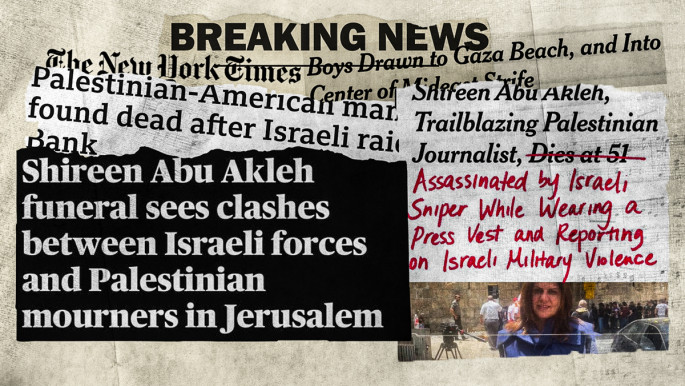
Photo Credits: The New Arab
By: Joanna Sawtari / Arab America Contributing Writer
Waking Up
Social media has been the most common way to advocate, serving as a hub for people from all parts of the world to share their perspectives. In the high time of the Palestine-Israel war, prominent voices have used their platforms to express where they stand. For the first time since 1948, Palestinians are getting the attention they deserve, making Western media outlets question the new algorithm. Is Meta shunning Israeli voices, or are more people pro-Palestine nowadays?
Zionist Propaganda
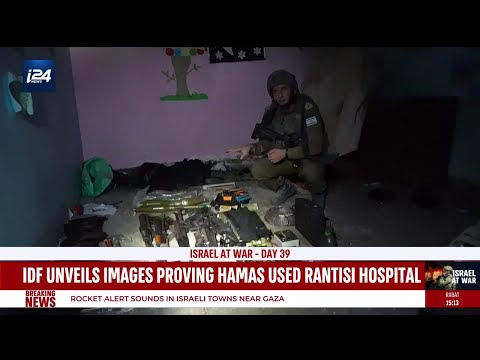
Photo Credits: YouTube
Newly released footage of IDF soldiers “proving Hamas used Rantisi hospital” has been trending on Instagram and TikTok for presumably staging a tunnel and disseminating false information. One of the highlights of this video was claiming that a calendar with the weekdays in Arabic was actually a list of the names of Hamas members. Pro-Palestinian influencers have taken this to their platforms to tease at the ridicule of Zionist media outlets:
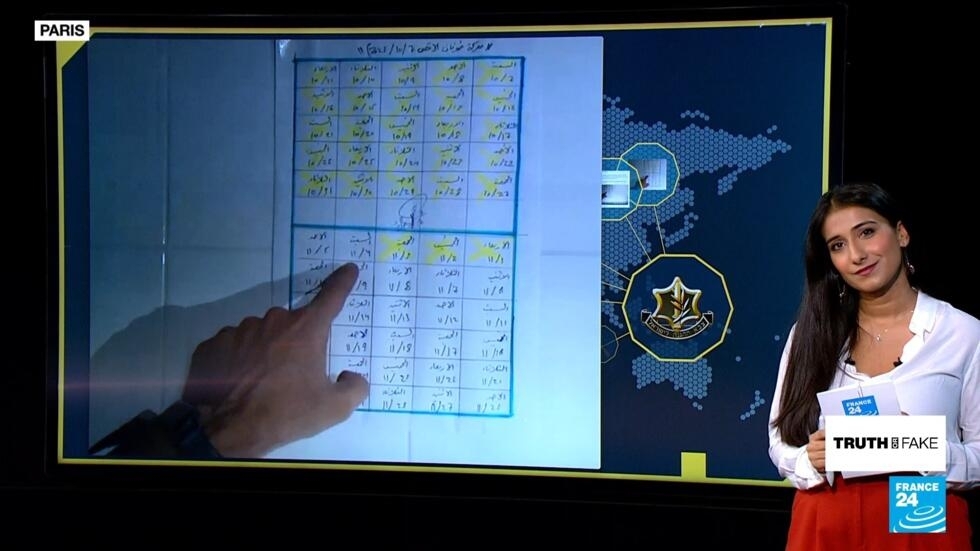
Photo Credits: France 24
More staged content has resurfaced, such as Hamas’ alleged hideout in Al Shifa Hospital. Interestingly enough, Hamas were eating dates that were cultivated in Coachella Valley, California, in their hideout:
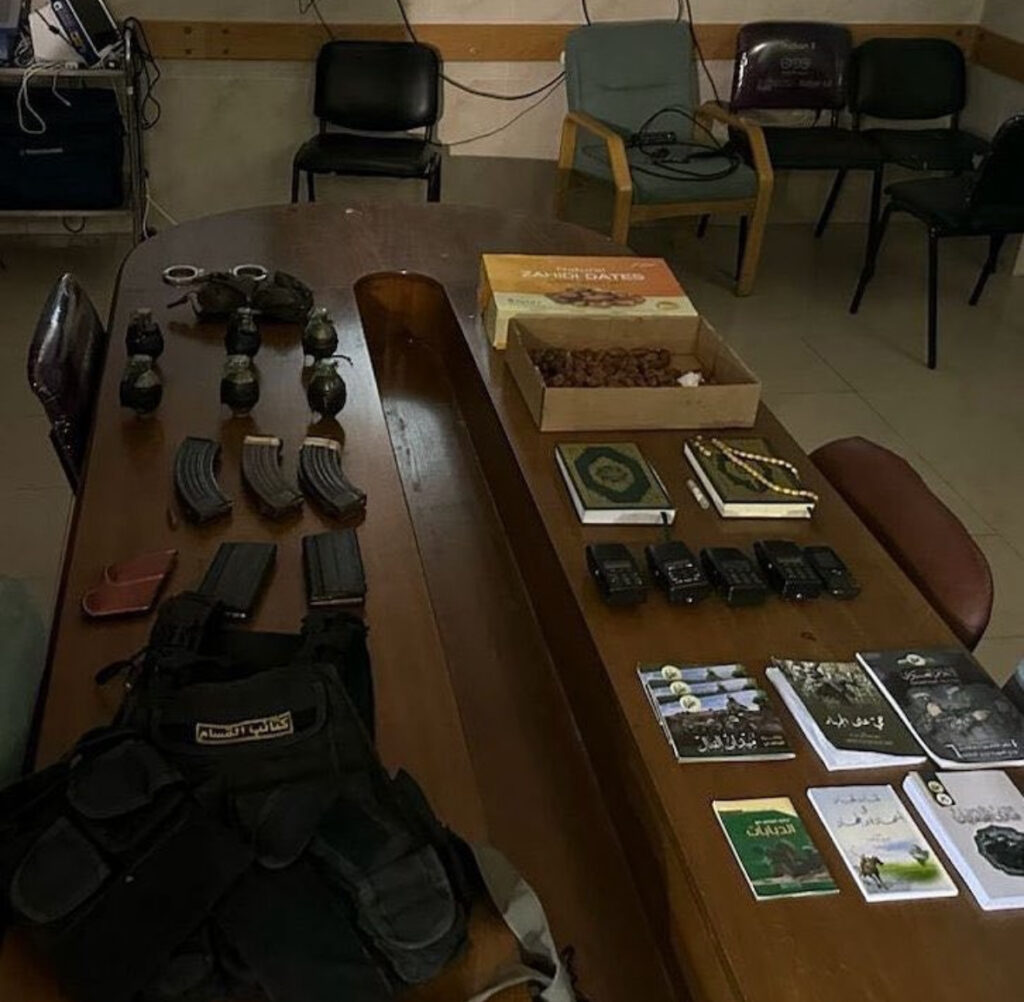
Photo Credits: Qudsnen on Instagram
“TikTok Says It’s Not the Algorithm, Teens Are Just Pro-Palestine”
The GOP has accused TikTok for its apparent spike in pro-Palestine content after the IDF began bombing Gaza following the Oct. 7 attack. A new article by VICE shuts down Zionist claims against TikTok’s algorithm. According to TikTok, the data shows that more people are just pro-Palestine, which reveals the significant generational divide in perspectives towards the Palestine-Israel conflict. While older demographics have been more sympathetic towards Israel, TikTok’s new data demonstrates that the youth have a more pro-Palestine stance.
A New Beginning
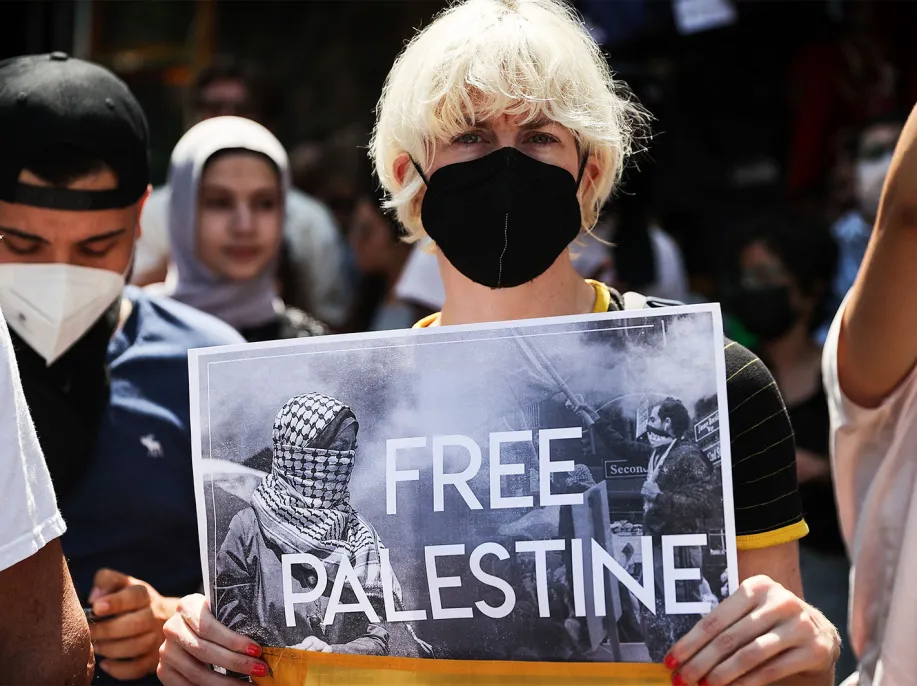
Photo Credits: FiveThirtyEight
For the first time in this 75-year spanning conflict, Palestinian voices have dominated Israeli propaganda. The younger generation has found ways to express their experiences and perspectives. This shift in the narrative allows for a more comprehensive understanding of the conflict and opens up opportunities for dialogue and empathy. It’s encouraging to see the power of storytelling and the impact it can have on shaping public opinion.
Check out our blog here!








